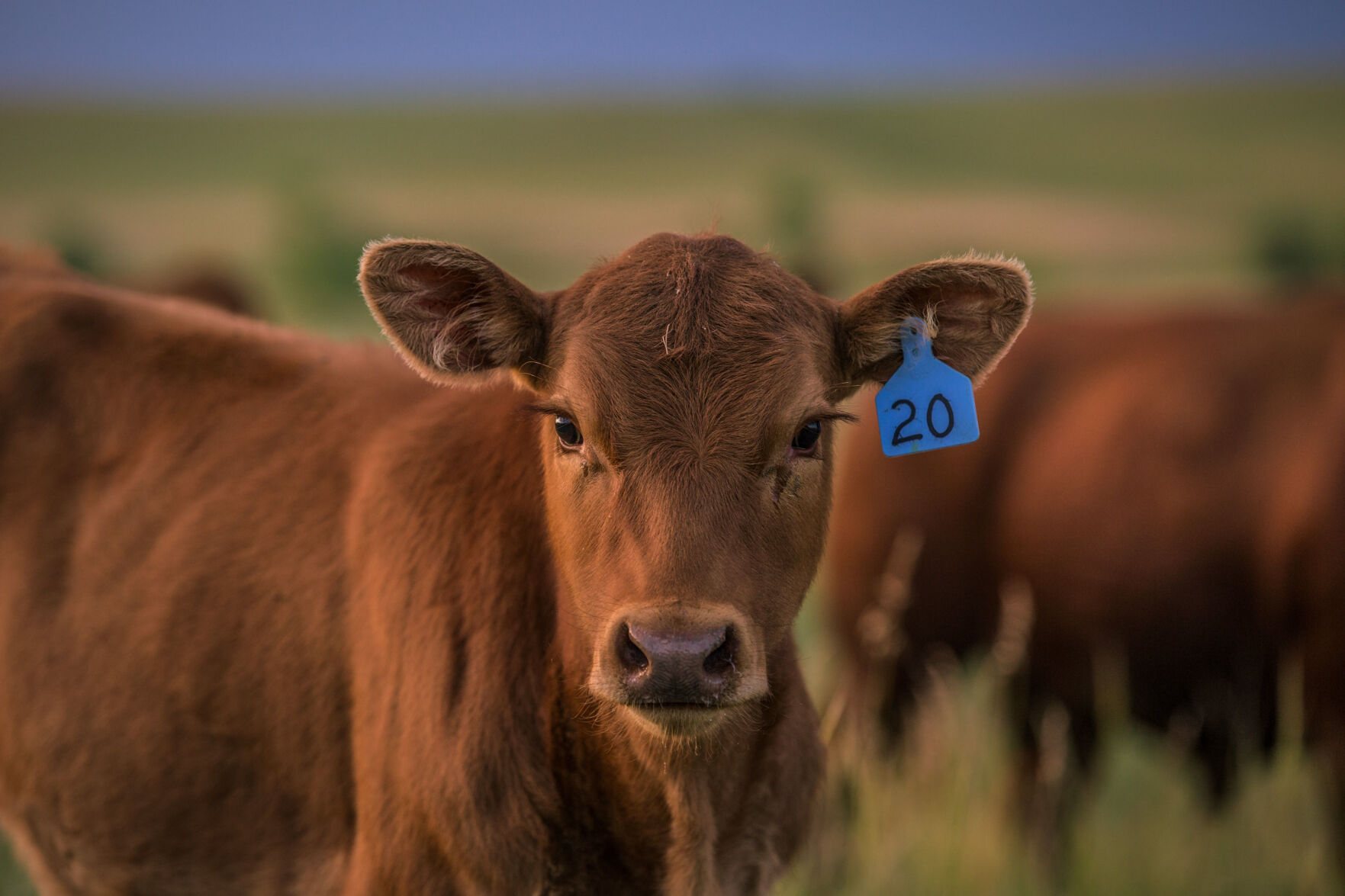According to Kansas State University entomologist Cassandra Olds, controlling external parasites such as flies, ticks and mites is a key component to maintaining a productive cowherd.
She told the more than 125 producers attending the Aug. 24 Kansas Livestock Association/K-State Ranch Management Field Day that horn flies have the most economic impact due to the loss of gain in cattle.
“Once the number of flies reaches 200 to 300 per head, studies show production losses become greater than the cost of purchasing control products,” said Olds.
She explained proper control involves multiple tactics, including judicious use of insecticides and non-chemical interventions. Expectations of a product to last from turnout to grass until the first frost, or to eliminate 100% of the pests is unrealistic. In fact, Olds said, the effectiveness of control products, including insecticide ear tags, is not as long as most perceive. To help prevent resistance and maintain efficacy, she recommended rotating the type of product used annually. Olds also said keeping feeding areas cleared of manure and old hay will remove breeding sites for external parasites and help with control measures.
Also on the field day program was beef cattle nutrition and management specialist KC Olson, who discussed how the use of late-season burning has helped combat sericea lespedeza on the Gunbarrel Ranch, which was the site of the field day and is owned by Joe and Norma Hoagland, their son, Dirck, his wife, Natalie, and their two children, Dayton and Reed.
He said although mid-summer to early fall prescribed fire has proven beneficial in controlling the invasive species, there were concerns about the impact it might have on yearling cattle growth. A three-year study on the topic revealed that summer prescribed fire could be used without negatively affecting stocker cattle performance or range-plant composition. More on this topic will appear in the November/December Kansas Stockman.
Field day attendees also heard presentations from U.S. Fish and Wildlife Service and Kansas Department of Wildlife and Parks staff on enhancing habitat for the greater prairie chicken and received an update from NCBA President Jerry Bohn of Wichita on industry issues the association is working on in Washington, D.C. The field day at Gunbarrel Ranch was sponsored by the Farm Credit Associations of Kansas.


